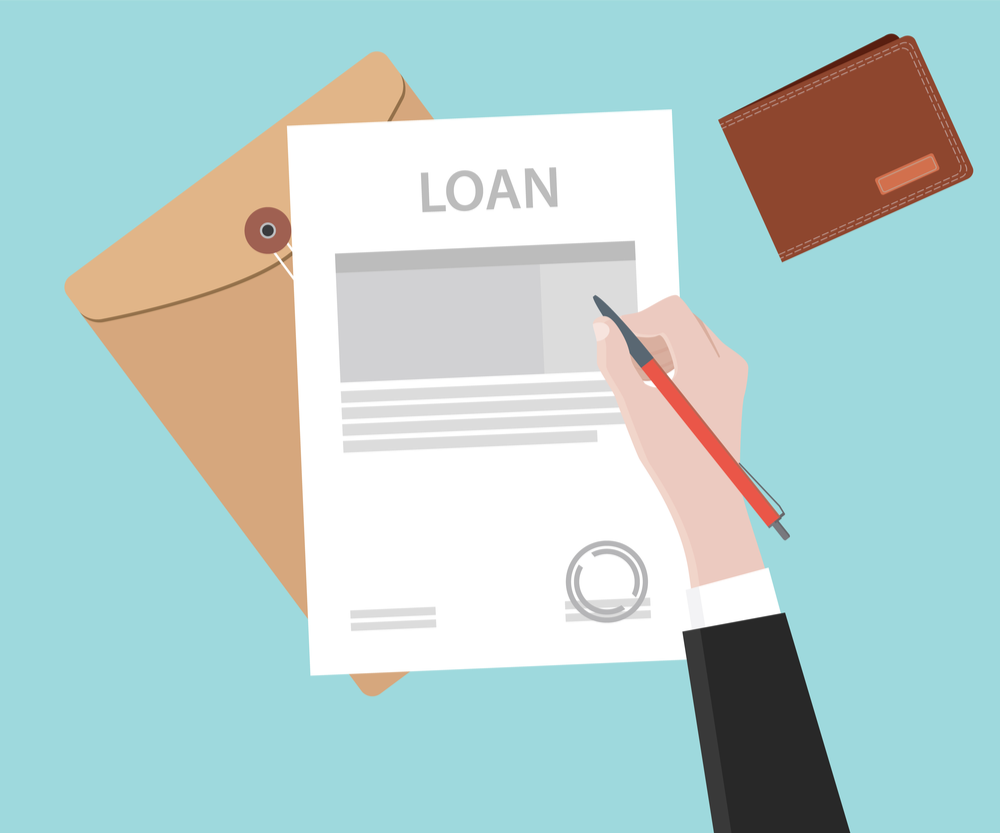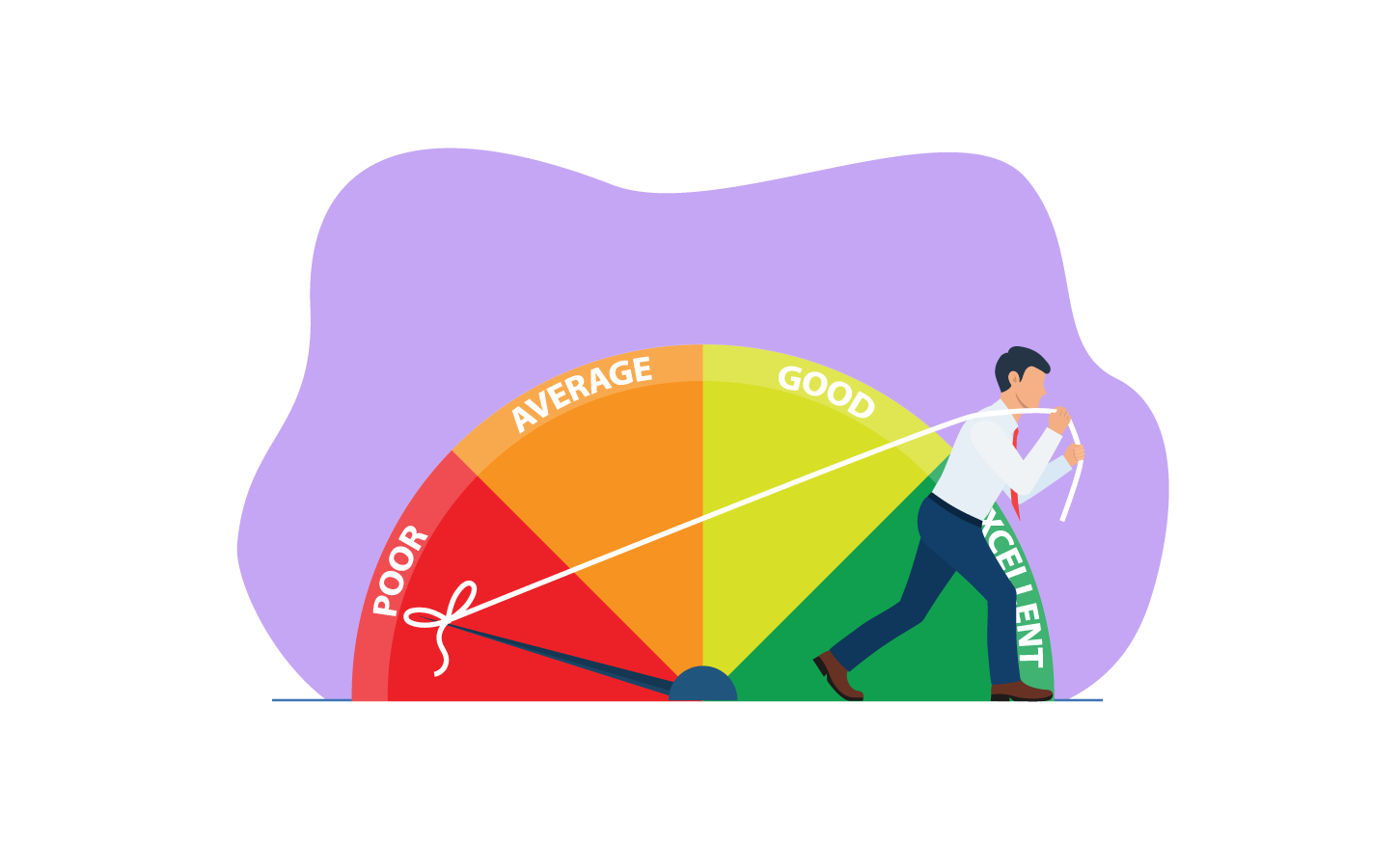While bankruptcy is something that needs to be taken seriously, it is not the end of the world and there are ways you can recover. It’s certainly something everyone wants to avoid, but it can be the circuit breaker you need to freeze snowballing debt, plan for a brighter future and protect yourself and your family.
If you have been declared bankrupt in Singapore and want to take out a loan to start a new business or grow an existing one, there are some things you need to know before making your application.
What is bankruptcy?
Bankruptcy is when an individual owes more than they can pay. In Singapore, bankruptcy can only be declared if the debt exceeds $15,000 (this was temporarily increased to $60,000 until October 19 due to the economic impact of Covid-19). The aim of the bankruptcy process is to help creditors reclaim what they are owed while protecting the individual from complete financial ruin. You can voluntarily file for bankruptcy with the court, or a creditor may file on your behalf if they believe you cannot settle the debt.
If you are declared bankrupt, the court will appoint an Official Assignee (OA) to oversee the process, unless you nominate a private trustee. This person will sell off some or all of your assets in an attempt to repay the debt and may also take a portion of your monthly income if further contributions are required. When calculating your compulsory repayments, they will ensure you have enough to pay for necessities like food and rent.
The implications of declaring bankruptcy
Loss of assets and garnished wages aren’t the only consequences of bankruptcy. It will greatly impact your credit score, which can take years to rebuild and will resultantly affect your ability to take out another loan. You will be legally obligated to disclose your bankruptcy to creditors when applying for any loan over $1,000, and you won’t be allowed to act as the director of a company. Also, overseas travel is usually banned and your bankruptcy will be listed on a publicly available register.
Applying for a business loan: Difficult, but not impossible
You might be facing an uphill battle when trying to convince creditors to lend you money after declaring bankruptcy, but it is still possible to get a loan for your business. If you only need a small amount of money, some personal loans are available even to those with bad credit; when a larger sum is required, you may be eligible for a standard business loan if you can prove your growth potential is airtight. Our guide to business loans can help you get started.
Aside from a solid business plan, you will have a greater chance of approval for a business loan in Singapore if you:
- Have secure employment
- Earn a steady income
- Still own assets that can be used as security
- Have a guarantor who can provide security on your behalf
Risks to be aware of
The terms of your business loan and the amount offered to you will naturally be affected by your state of bankruptcy. Always choose your lender carefully and be wary of agreeing to any terms beyond your means that could snowball into more problems moving forward. Always look out for:
Dodgy lenders:
Choose your lender with care, as unreputable creditors prey on desperation. Ensure they have a credit licence, and always read the fine print – remember, if a deal sounds too good to be true, it probably is. Using a reputable platform like CompareSing to compare business loans ensures you only find licensed lenders.
Total cost:
It’s vital that you can keep up with your repayments to avoid falling further into debt. Carefully consider the loan term, interest rates and applicable fees against your income and financial obligations to make sure you choose a plan that is within your means.
Consequences of defaulting:
Be aware of what happens should you fall behind or default on your debt, such as fees for early or late repayments and potential legal action against you.
How to avoid reaching bankruptcy
Getting a business loan while bankrupt is certainly possible in Singapore, but the best way to position yourself for approval is to avoid reaching bankruptcy in the first place. Debt can rapidly accumulate if mismanaged, which is why you can protect yourself with proper planning and by sticking to the basics of borrowing:
- Be upfront with creditors
- Calculate how much you can afford to repay per month
- Commit to making every monthly repayment on time
- Don’t let interest compound your debts
If you do find yourself with too much debt to handle, consider applying for a debt consolidation loan to steady the ship before the threat of bankruptcy.
About the Author

Led by a team with invaluable expertise across Singapore’s licensed moneylending, banking, and finance industries, CompareSing provides users with a streamlined yet informative experience at every step of their loan journey.


















